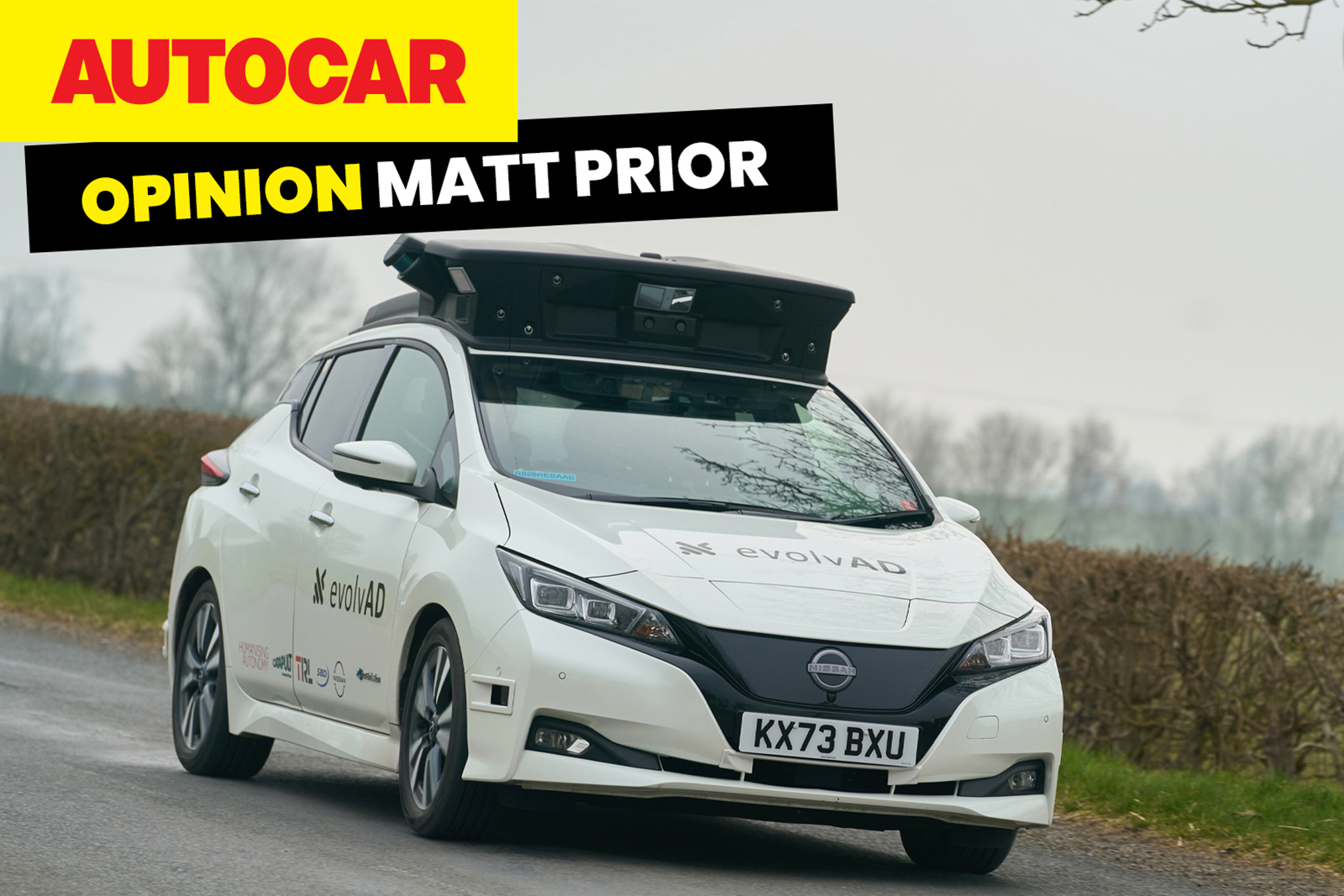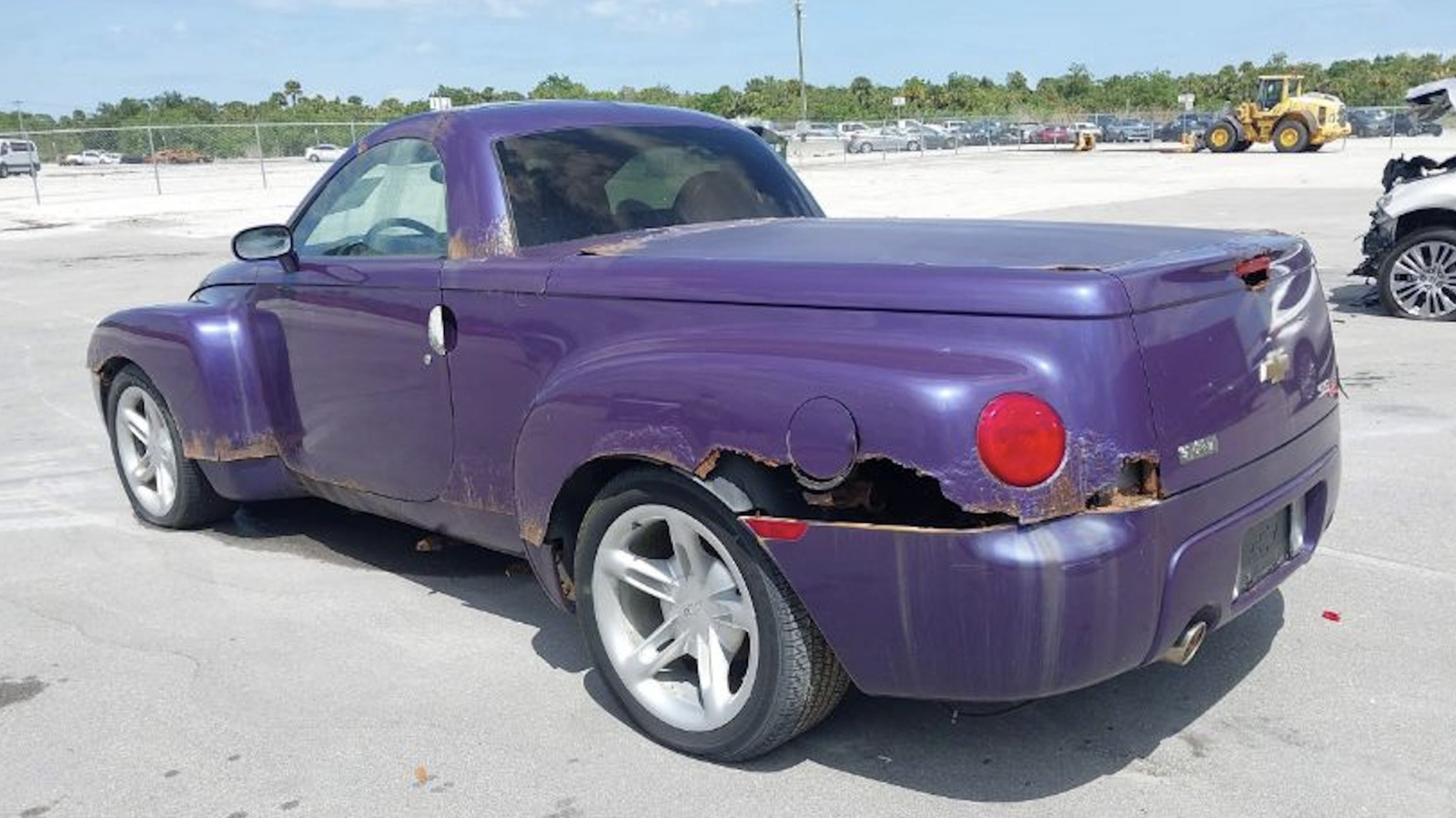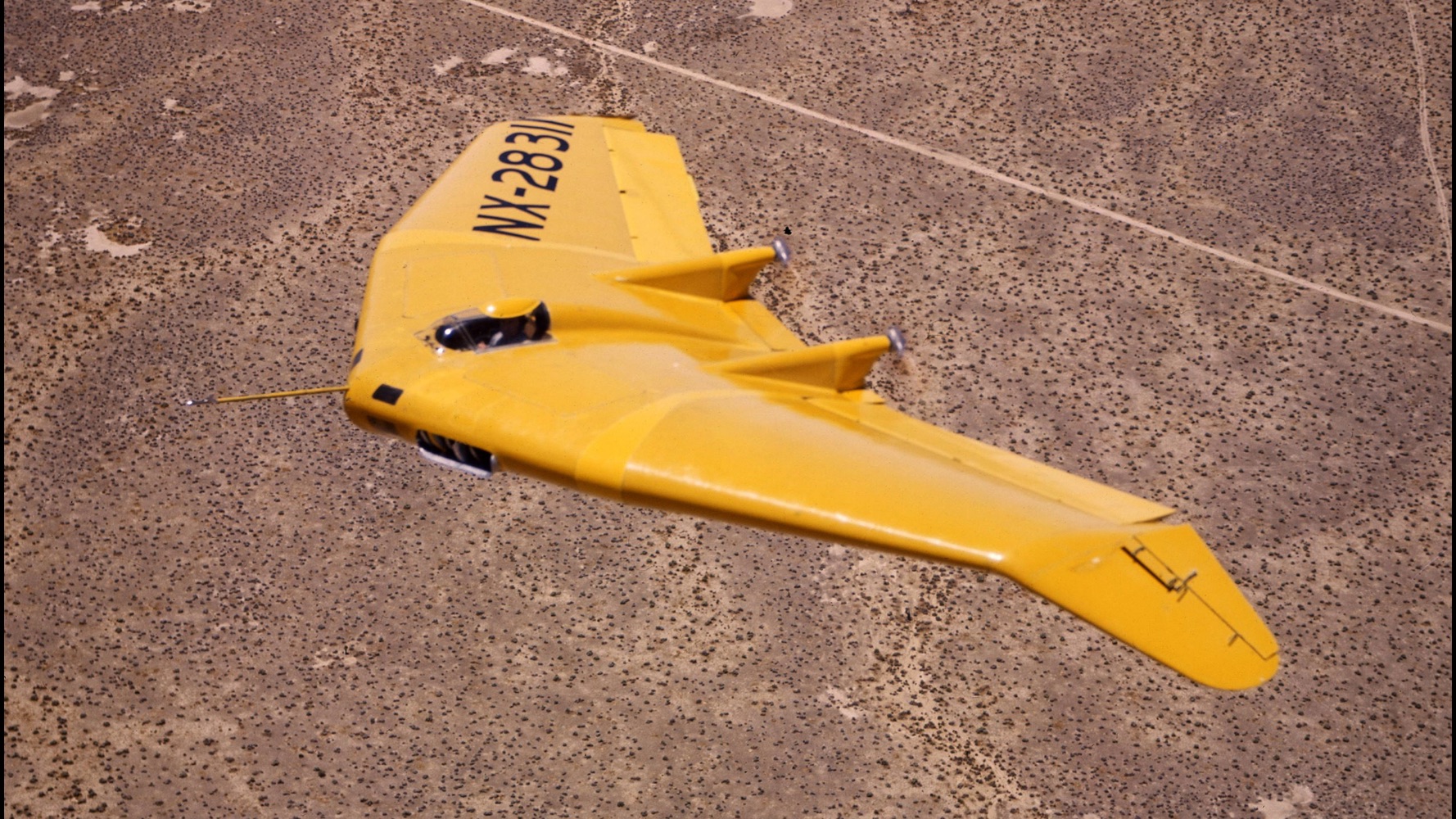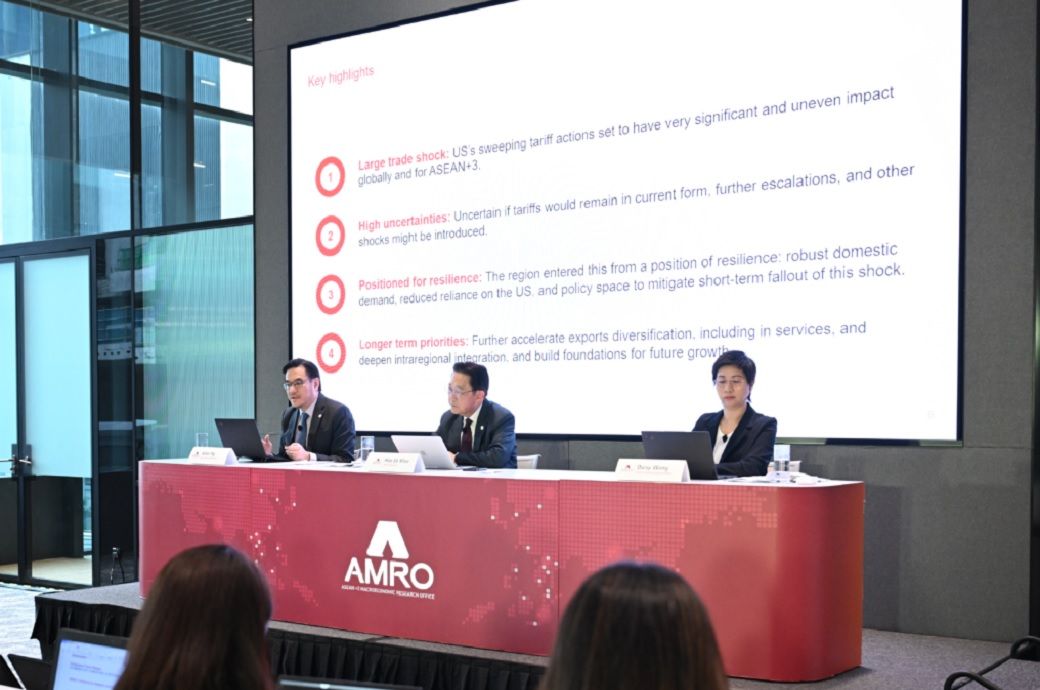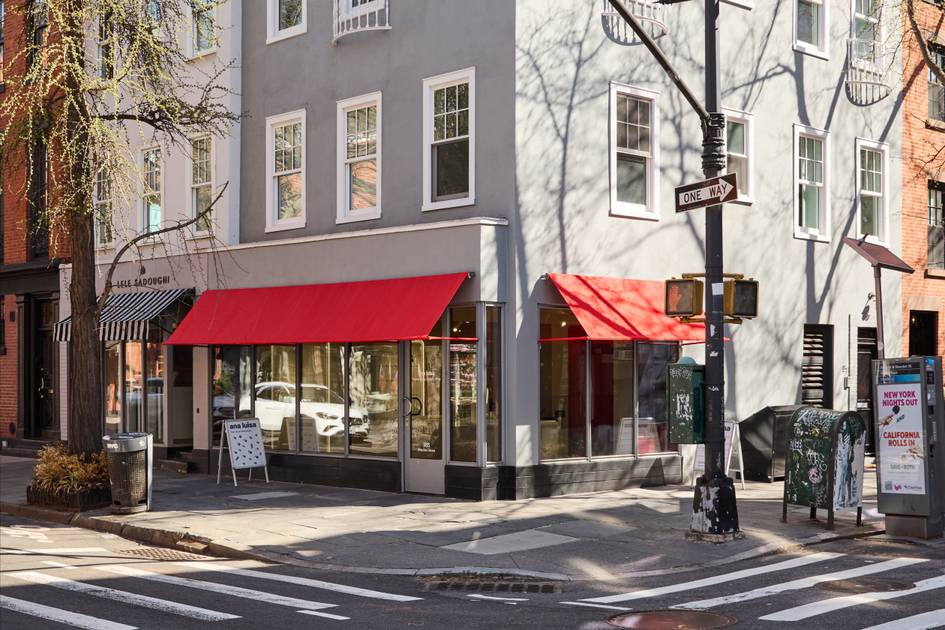Central Oregon & Pacific takes over UP operations in Eugene, Oregon, Saturday
Genesee & Wyoming short line Central Oregon & Pacific can take over local operations from Union Pacific in Eugene, Oregon, as early as Saturday, federal regulators say. The post Central Oregon & Pacific takes over UP operations in Eugene, Oregon, Saturday appeared first on FreightWaves.

Genesee & Wyoming short line Central Oregon & Pacific can take over local operations from Union Pacific in Eugene, Oregon, as soon as Saturday, federal regulators have ruled.
In a unanimous decision Tuesday, the Surface Transportation Board denied the SMART-TD union’s request to scrutinize and reject the lease deal. The decision also denied Central Oregon & Pacific’s request that the board partially waive labor notification requirements.
G&W will take a phased approach to beginning operations on 27.58 miles of leased trackage, plus UP’s Eugene Yard and “certain related excepted track.”
“We’re expected to start switching this coming weekend and then fully take over operations of the yard in early May,” G&W spokesman Tom Ciuba says.
UP and Central Oregon & Pacific announced the deal late last year. The G&W short line will serve 22 customers on the leased trackage, including those shipping or receiving forest products and paper, grain, propane, and scrap metal. UP and G&W executives have said the transaction will improve first- and last-mile service, reduce transit times, and lead to volume growth.
But the SMART-TD union said the transaction would degrade service, pose safety issues and result in the loss of higher-paying union jobs.
The STB said those assertions were not supported by the evidence and were insufficient to support a rejection of the notice of exemption. The transfer of Class I trackage to a short line is generally exempt from board review.
Central Oregon & Pacific had failed to include the unions representing signal and electrical workers in its initial labor notifications about the short line’s pending takeover. The railroad subsequently asked the board to allow the deal to proceed on its original timeline, rather than incur a delay stemming from the 60-day notification requirement.
The STB said there was no reason to partially waive the labor notification requirements, which pushed the effective date of the transaction to next Saturday.
Board member Robert Primus, in a concurring opinion, said he was conflicted about voting for the decision allowing the transfer of operations to occur.
“On the one hand, I see this as a big win for the Central Oregon and Pacific Railway (CORP) and the more than twenty shippers in the Eugene and Springfield areas served by Union Pacific,” he wrote, noting that Central Oregon & Pacific has a reputation for consistent and reliable service.
“As I have publicly stated, our nation’s short lines truly are the growth engines of our freight rail network. Their white glove service has enabled many short lines to experience double digit growth, even as growth among Class Is has been relatively flat,” Primus wrote.
But he also expressed concerns about the impact on UP workers and wondered whether shifting local operations to shortline railroads was part of cost-cutting rather than a focus on carload growth.
“On the other hand, while there are clear winners within this transaction, there is also a clear loser, and I am especially concerned about the negative consequences confronting affected members of the various rail labor unions who, in all likelihood, will either lose their union jobs or see a decreased workload as a result of this transaction,” Primus wrote. “Profit over people, time and again, has proven to be a disastrous formula for the network. I find myself wondering if this is truly an effort on behalf of UP to provide its customers with better service or yet another cost cutting measure seeking to lower its operating ratio to further satisfy the appetite of short-term investors. Judging by UP’s zeal to reduce labor costs over the past couple of years, I’m willing to put my money on the latter having factored into UP’s final decision.”
Yet Primus encouraged UP to forge closer ties with short lines to unleash their growth potential.
“UP should allow its short line partners the ability to sell capacity, chase spot opportunities and ultimately become an additional sales channel for UP, with pricing authority and the ability to cooperate in capital expenditure sharing to make it easier for shippers to make long-term commitments,” he wrote.

“A collaborative effort structured in this way will not only strengthen the relationship between UP and its short line partners but establish a strong model for sustainable growth. If UP can do this, then it might really be onto something special,” Primus wrote.
UP CEO Jim Vena has insisted that handing off local operations makes sense because short lines can provide better service than a Class I. The Central Oregon & Pacific deal, he says, could be a model for improving carload service and turbocharging growth elsewhere on the UP system.
“We think that it’s a win for the customers, it’s a win for Union Pacific, and it’s a win for G&W. It really is,” Vena told Trains in January.
In a similar if smaller deal, UP in February said it would allow Jaguar Transport Holdings short line The Kansas City West Bottoms Railroad to serve a cluster of customers in Kansas City, Missouri.
“That’s just the start,” Vena told the American Short Line and Regional Railroad Association conference Monday. “I think we can grow our business by partnering with companies that can help us grow the biz, remove inefficiencies, and drive value to customers. When it comes to short lines, the baseline has to be that you do a better job than a Class I. The short line has to be much more efficient, costwise, than a Class I. But short lines can have a better relationship with a customer because they work in a community at the local level, and grow the business that way.”
Related
Union Pacific Railroad CEO ‘very comfortable’ working through tariffs
The post Central Oregon & Pacific takes over UP operations in Eugene, Oregon, Saturday appeared first on FreightWaves.











